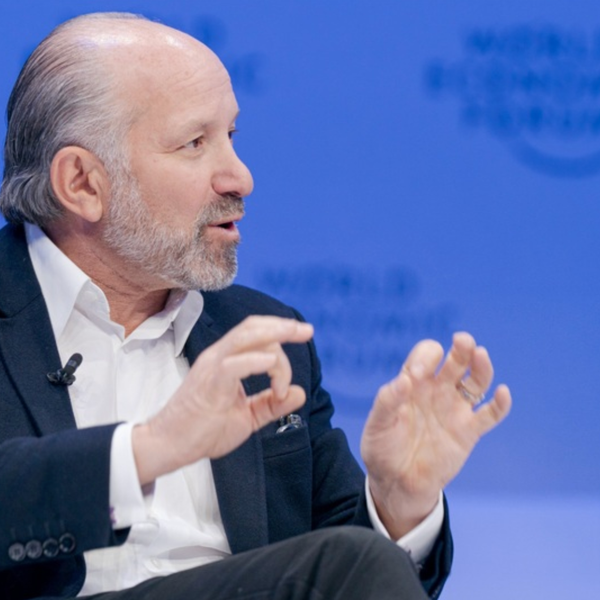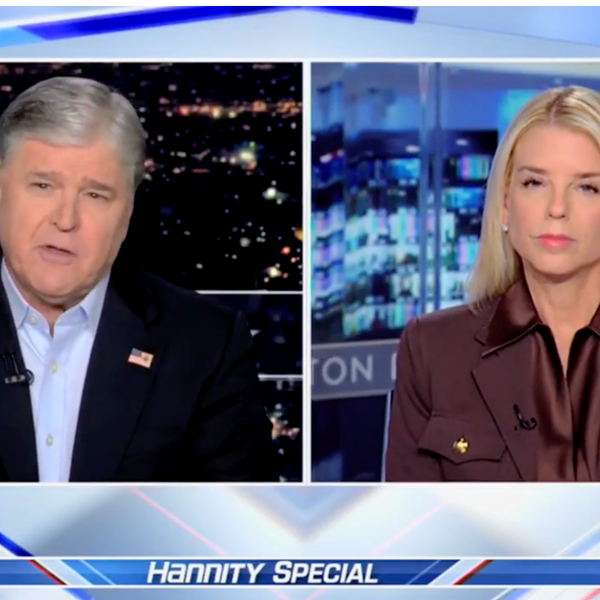
By Jonathan Bernstein, Bloomberg News (TNS)
If it’s a year before the Iowa caucuses, it must be time for someone to complain that voters there and in New Hampshire are the first to cast ballots for the presidential candidates. As Philip Bump of The Fix asks, why not let a big, diverse state — California — go first?
If it was true that a few voters in Iowa, New Hampshire, South Carolina and Nevada were the big players in presidential-nomination politics, then Bump and the other anti-Iowans would have a case. But that isn’t how many political scientists believe nominations are won.
The primaries and caucuses are (as I’ve argued) no longer the main arena, as they were in the 1970s and 1980s. Rather, they are a version of what they were before 1968: a way for the parties to gather information.
Party actors — the politicians, campaign and governing professionals, activists and donors, formal party officials and staff, and party-aligned groups and media — coordinate with one another and compete over the nomination. Their decisions and resources help determine what happens in Iowa. So, for example, Hillary Clinton, John Edwards and Barack Obama had all outpaced Joe Biden, Bill Richardson and Chris Dodd in (national) party support well before the Iowa caucuses in 2008.
Party influence from outside the state doesn’t totally control what happens in Iowa, as surprise finishes such as Rick Santorum’s in 2012 and others going back to Pat Robertson’s in 1998 demonstrate.
But here’s where party actors come in as the most important interpreters of caucus and primary results. If a winner (say, Sen. Paul Tsongas in New Hampshire in 1992) has little support besides the voters in one small state, he’ll get little help — money, favorable publicity, volunteer hours — from that victory. On the other hand, a disappointing finish from a candidate with solid party support (Bill Clinton’s second place in New Hampshire in 1992, John McCain’s fourth place in Iowa in 2008, or even Hillary Clinton’s third place showing in Iowa that year) won’t necessarily deliver a knock-out blow.
True, by the time most Democrats got to vote in primaries in 2008, they could only choose Obama or Clinton, while Iowans had six other options. But what did it matter? If Dodd or even more improbably Dennis Kucinich had managed to score well there despite lack of party support from outside Iowa, they would not have gotten much further.
Let’s look closer at the 2012 Republican contest. After Santorum’s surprising victory in Iowa, he wasn’t able to capitalize on it because he had little support in the “invisible primary” leading up to the caucuses. Relatively little money came in to his campaign. He didn’t receive major endorsements from high-profile Republicans or party-aligned groups, which could have flooded New Hampshire or South Carolina with volunteers. It might have been different if a candidate with more party support, such as Rick Perry, had scored an early upset win.
The parties are better off sticking with the status quo. Keeping the small states first reduces chances that a single state’s quirks will make a difference to the eventual outcome. If Iowa votes for Pat Robertson or New Hampshire puts Pat Buchanan first (as it did in 1996), only a few delegates are at stake, and the process moves on with no problems. But a candidate with a flukish strong finish in California would have enough delegates nailed down to cause a fair amount of trouble.
So why not mix it up and switch to other small states? The party actors have become experts in interpreting the results from the current early states, and swapping in different ones runs the risk that their results will be misinterpreted. A fluke victory might be seen as more significant than it is.
Bottom line: The nomination process, Iowa included, may look messy, but it’s working just fine.
This is also the case against a national primary. Multi-candidate primaries are unstable, and random things can happen. The state-by-state sequence protects the parties from fads, and allows time for careful vetting of the candidates without worrying about overreactions to minor revelations about them.
Photo: Rick Santorum at the Iowa State Fair in Des Moines, Iowa, ahead of the Ames Straw Poll. (Gage Skidmore/Flickr)








